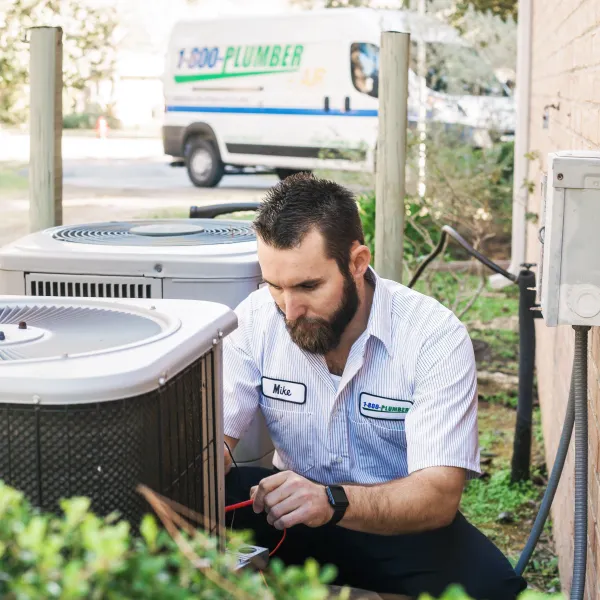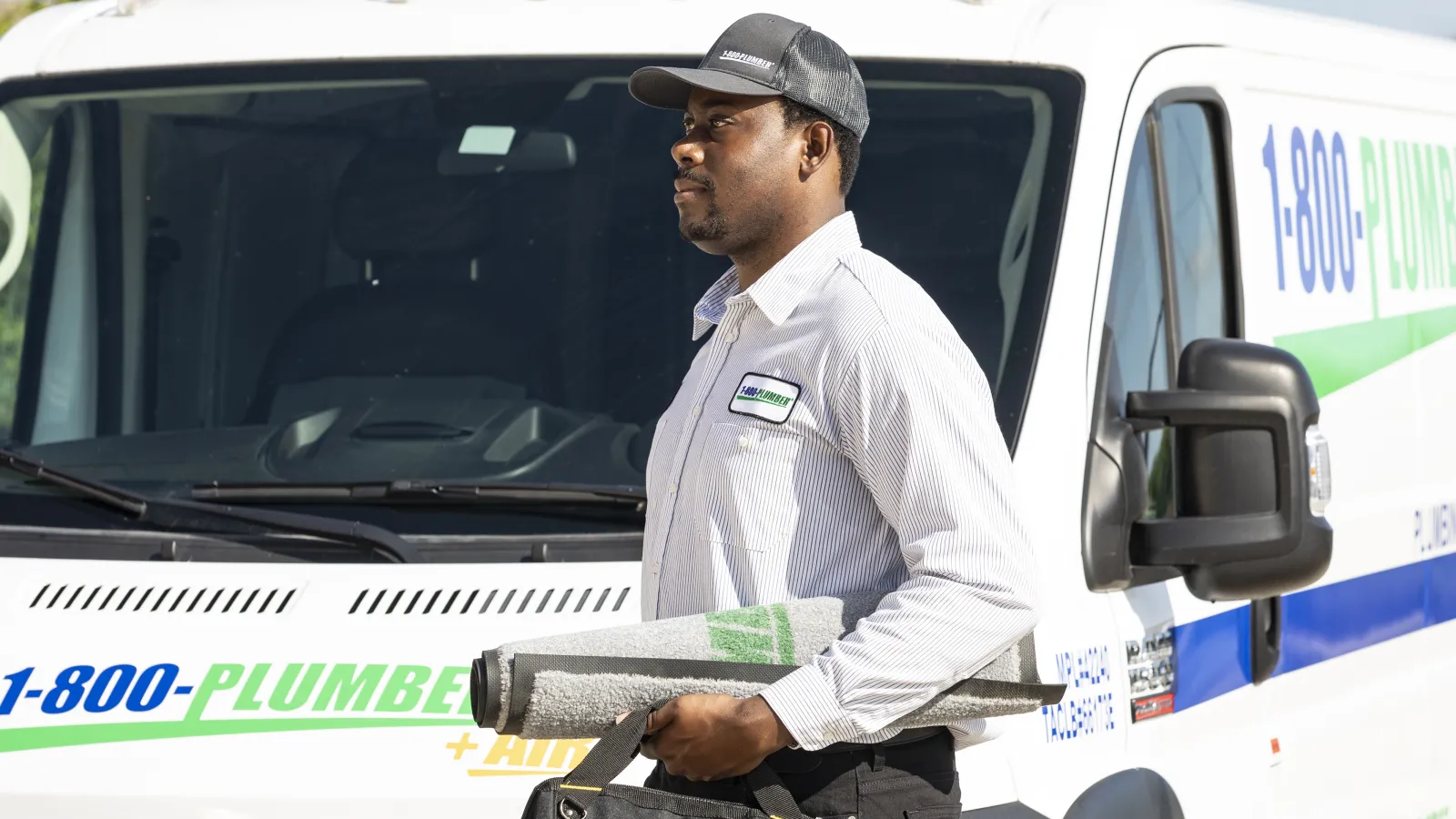After the summer, there will be months of chilly evenings and only your heating system will help you stay warm. However, your heat pump or furnace may start to fail, especially if you've been using it for years.
Once you discover your heating system breaks down in the middle of a cold night, the only solution to consider is to call a professional like 1-800-Plumber +Air of Marietta to take care of the problem. Here are the common situations you need an emergency heating service;
Unresponsive Thermostat: When the settings of your thermostat are correct, but you still can't get it to work, the problem might be with the system itself. You'll need an emergency heating service to check all aspects of your thermostat.
Strange Noises: Never ignore strange sounds coming from your heating system as it might be an indicator of a more serious problem. These sounds might indicate serious damage to your heating system that when left unaddressed can get worse over time. The damage might be beyond repair and replacing the unit might be the only solution.
Gas Leaks: There are also risks associated with gas leaks because it can be a sign that your heating system is no longer functioning the way it should be. When you call an emergency service, you will know the root of the problem.
Cold Air Coming From The Heating System: If this happens, calling a team of professionals to determine where the problem lies will prevent further damage.
How to Protect Your Heating and Air
Extreme weather can affect your cooling and heating system. You can prevent damage to your HVAC system by taking some appropriate measures to ensure safety. When your HVAC systems are in tiptop shape, you won't have to worry about making it through the tough weather safely. Here are some practices that can minimize your unit's damage and keep your heating and cooling system safe:
Protect Your Outdoor Cooling and Heating Unit
One way to protect your air conditioner and heating system is to search units that are exposed to harsh weather. Your outdoor units can incur serious damage because of hurricanes and storms. When the refrigerant coils and fins of your outdoor unit get affected by the extreme weather, your entire system won't work properly as well. As a precautionary measure, covering your outdoor unit is essential. Installing a hail guard for your outdoor unit will protect your system all year long.
Switch Your Unit Off When Not In Use
Your unit is prone to irrevocable damage due to extreme weather. More often than not, the damage is beyond repair and the only way to restore your home's comfort is to replace the unit. Once you are alerted about the bad weather, turn off your thermostat and switch the power from the main breaker. Doing this can reduce any power-related problems. While the abruption in your power supply may not immediately cause your system to break down right away, it can still weaken your unit.
Protect All The Exposed Wires
When there are changes in weather and temperature, your home will experience some short-circuiting incidents. Don't attempt to fix the problem yourself because DIY repair might do more harm than good. Contact us so we can get your home properly insulated so you will no longer have to worry about facing any kind of trouble due to harsh weather.
Protect Unit From High Winds
While high and strong winds are not necessarily considered harsh weather, they can still be troubling for your HVAC system. Strong winds can bring lots of dust and debris that can enter your cooling and heating system by passing through your outdoor units. Once debris accumulates, it can start to affect your air quality, obstructing the airflow. The more burden debris and dust caused on your HVAC system, the higher your energy usage will become.
Don't Let Maintenance Take A Backseat
Routine maintenance should be a priority to prevent damages to your HVAC systems. Regular tune-ups and routine servicing will ensure your unit functions optimally regardless of the season. Only 1-800-Plumber +Air of Marietta can detect issues and make sure that your units will work perfectly.






